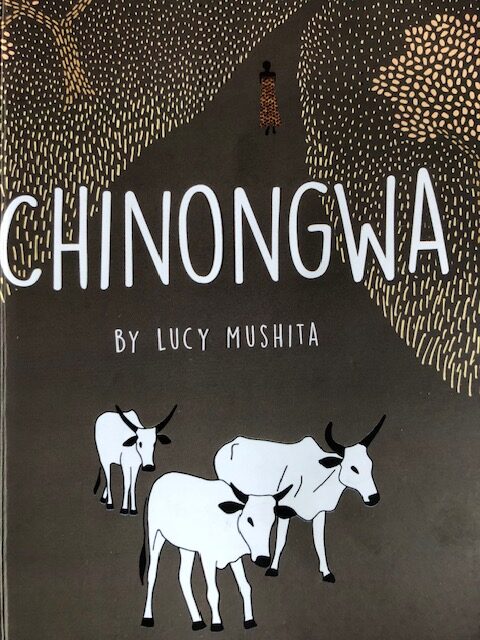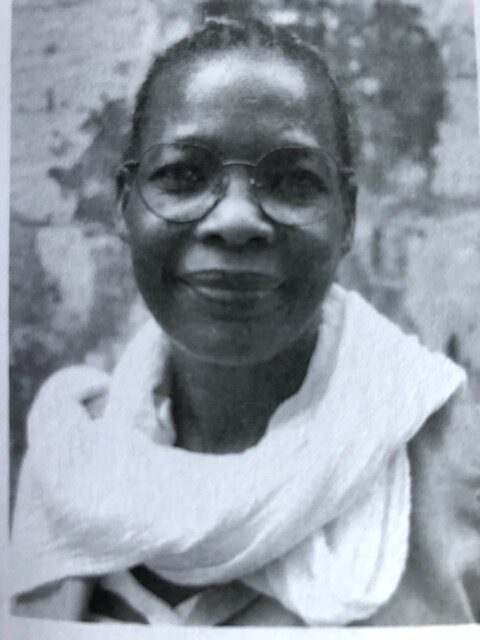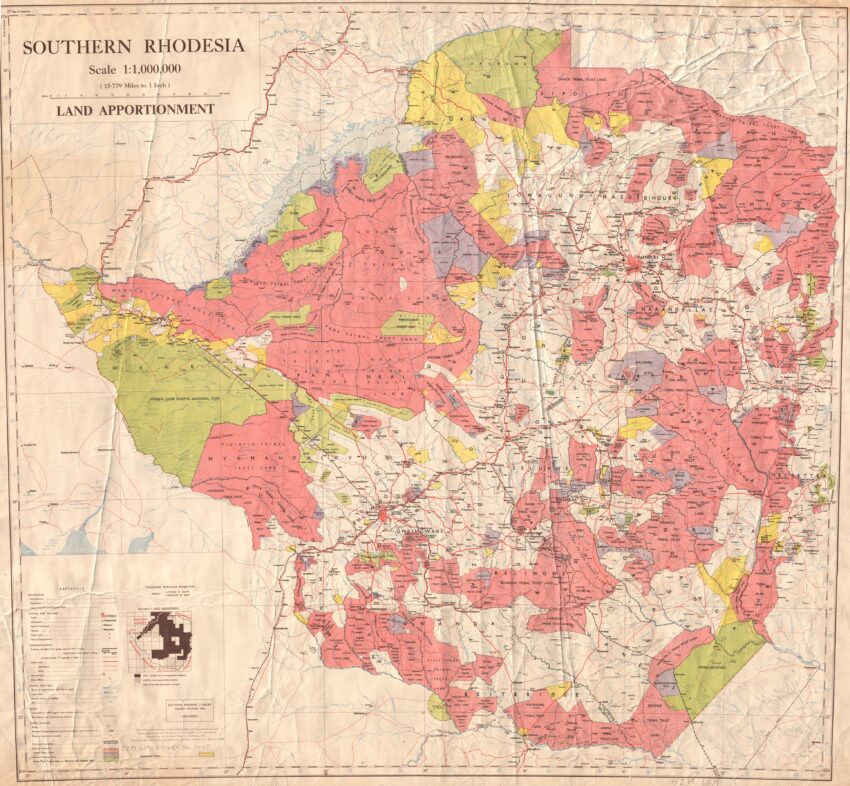Chinongwa by Lucy Mushita is a timeless story. It is beautifully written and an easy fluent read.
An extraordinary book

This is quite a statement to make about the story of a skinny, snotty nine-year-old girl child called Chinongwa who lives in a remote village in Zimbabwe as her family become subject to colonialism in the early 1900s. Fundamentally, however, all of us experience significant relationships in the same way as each other no matter who we are or where we live. What Lucy Mushita’s Chinongwa does is add a whole new world and dimension in which we can understand both Chinongwa, her situation and ourselves much better.
A universal timeless tale
Before you decide that this is a story that belongs to a distant past let me say that it’s one that would feel true on Mount Parnassus in the time of the ancient Greeks or on the Atlas mountains in Morocco in any era. It is also a story that feels absolutely contemporary. The power and the depth of the experiences of all the women in this book are as true and relevant for women today as they are for the time in which its characters live and the events of their lives unfold. I felt the story of these people in my heart and mind as immediate and personally significant.
My connection with Chinongwa

I grew up in Rhodesia in the fifties on a farm not far from where Chinongwa’s home would have been and yet I have been waiting to read this story all my life. Thanks to the brilliance of Lucy Mushita’s writing, this is a living story, not a history or ethnographic research. At no moment did I feel that I was subject either to explanations or tutoring about the life and problems faced by Chinongwa Marehwa’s clan. The story evolves so naturally that you find yourself totally immersed in the village life, in the natural environment around it, and in the decisions that Chinongwa’s family have to make.
Chinongwa
Chinongwa Marehwa is a nine-year-old virgin who has to be given away as a second wife to a stranger so that her family can eat and survive. Her older sister has already suffered the same fate. In traditional societies, girls are often married young but the arrival of the colonial settlers pushed the people of Zimbabwe into poorer, drier, agricultural areas and prevented them from moving to new and richer pastures when they needed to as was their practice. Child marriage for these reasons has always happened and is on the rise again right around the world but Lucy Mushita is not telling a story with a single theme. She is giving us a world to know.
Giving voice to all the characters
Lucy Mushita gives an empathetic voice to all of the characters involved in this story and this makes the story rich, deep and non-judgmental. The first part of the book is told in the third person as Chinongwa is a child who has no way of knowing what her elders are planning to do. By the time Chinongwa is 15 years old she has been pregnant four times and has two living infants so she finds her own first-person voice as she learns how to survive, how to be a mother, and how to understand and care about other people. This device works very well as Chinongwa grows up. Always and above all, Chinongwa desires her own freedom. Is that even possible in the world in which she lives?

Chinongwa – the book launch
Lucy Mushita is a Zimbabwean writer who lives in Paris and in Australia. This is her first novel and it has been published by Irene Staunton’s Weaver Press in Zimbabwe and Colleen Higgs’s Modjaji Books in South Africa. The book has also been translated into French. I was invited by Weaver Press to the online book launch organised in Paris by The American Library and in Harare by Weaver Press at the Alliance Francaise. A number of pro-active literary organisations coming together to launch this exceptional book. The launch was interesting and I immediately tried to get a copy of the book. Not the easiest thing to do as I live in France but Lucy very kindly gave me a signed copy that I treasure. Once I started reading I couldn’t put the book down and it filled my thoughts. night and day.
As the reviewer in the Johannesburg Review of Books, Fungai Machirori says it is important that books like this are published at home in Africa and are read by Africans. I couldn’t agree more. I’m looking forward enormously to Lucy Mushita’s next book she deserves an enthusiastic readership.